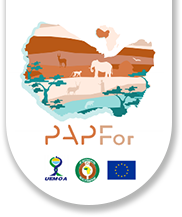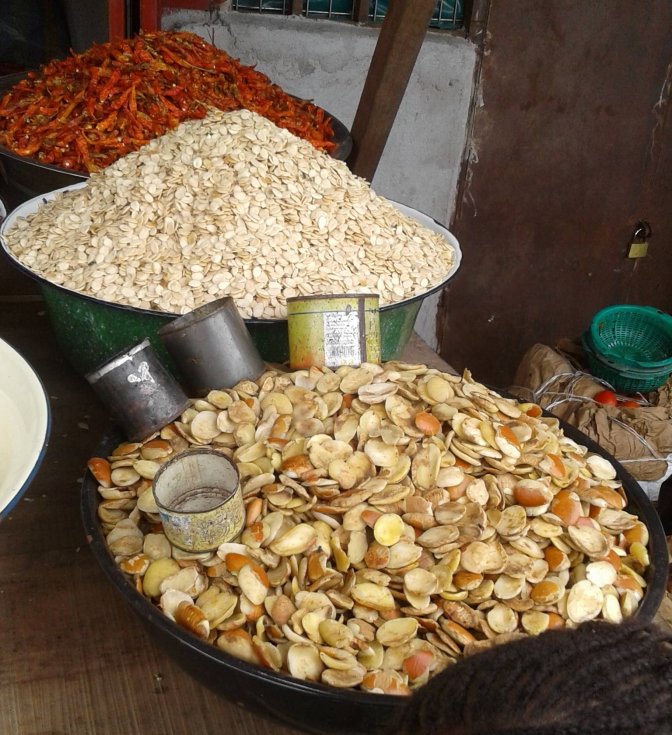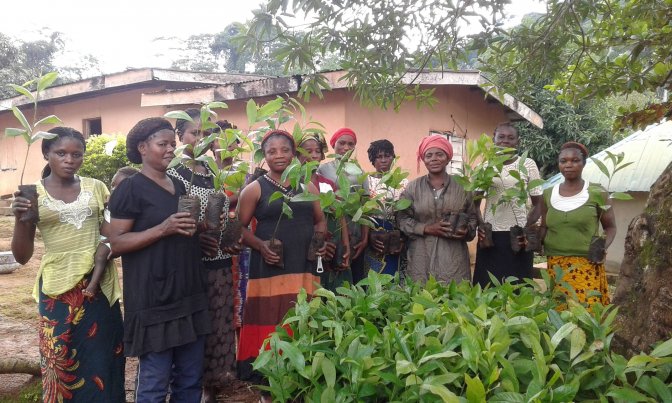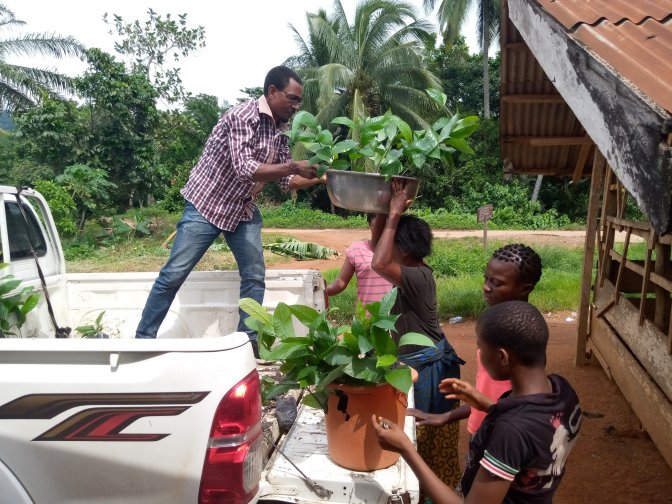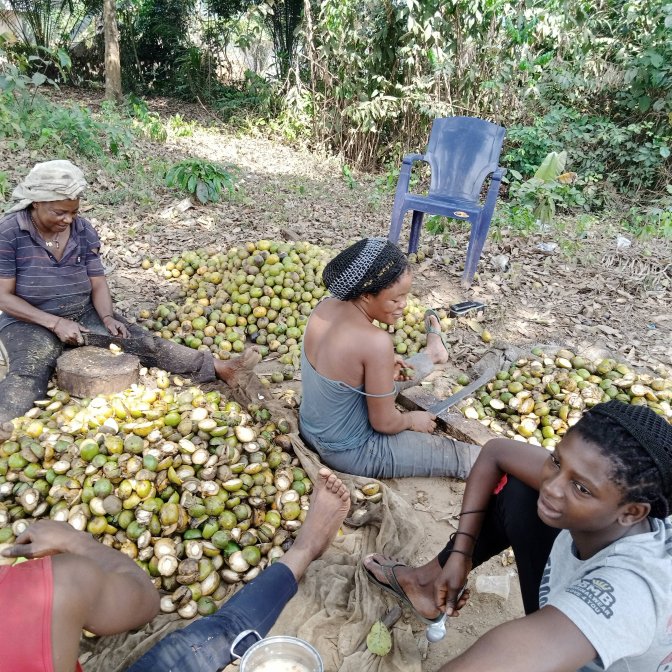Home / News / Sustainable Bush Mango Production helps Protect Endangered Wildlife in (...)
Sustainable Bush Mango Production helps Protect Endangered Wildlife in Cross River
Bush mango (Irvingia spp), known in Nigeria as ‘ogbono’, is a favourite food for wildlife and humans and an important income source for women in forest communities around the Cross River landscape. Over 90 % of all bush mango consumed and traded in the Cross River area is currently sourced from the forest, with only a small proportion harvested from farms. Unfortunately, unsustainable harvesting methods are contributing to deforestation and reducing food sources for wildlife, such as forest elephants and Cross River gorillas.
In a bid to conserve the forest and promote sustainable livelihoods for local people, the Wildlife Conservation Society (WCS) is working with communities in Cross River to mitigate the pressure on the forest and protect the food sources of forest wildlife. WCS has trained 3 000 women in Cross River State in cultivating and sustainably harvesting bush mango, providing them with valuable income.
Since 2018, WCS has distributed 19 230 bush mango seedlings to women to plant on farmlands. Furthermore, 30 women’s groups, of which 7 have been officially registered as cooperatives with the Corporate Affairs Commission (CAC), have been established by WCS to collectively farm the mangos in a more sustainable way.
Proper storage boosts product value
Two storage facilities for bush mango seedlings have been constructed in the Mbe Mountains, to promote safe storage of bush mango from the time it is harvested. Storage is critical because women within the landscape usually sell their bush mango during the harvest when the product is abundant. Having proper storage means they can sell it later on, when demand, and prices, are higher. Dried bush mango seeds are in demand across Nigeria to prepare the delicious ‘ogbono’ soup.
Women get training and access to credit
The women’s cooperatives have also been trained in record-keeping, financial management, thrift, credit, bulk purchasing and storage, and marketing. WCS has also facilitated a credit scheme that ensures that the women can secure the funds necessary for their households while their product is in storage.
Sustainable bush mango production is a popular activity with rural women, as it improves food security, reduces poverty levels and helps protect forests and wildlife.
